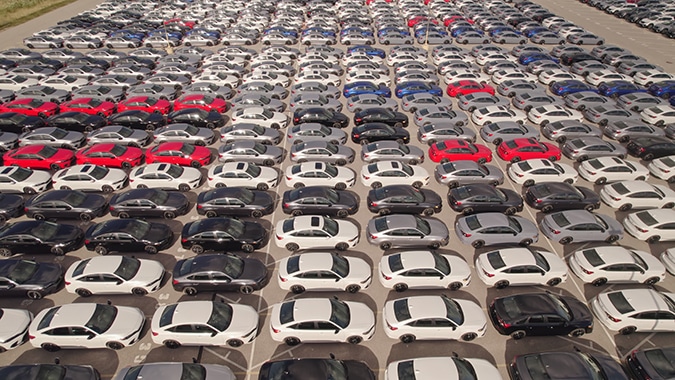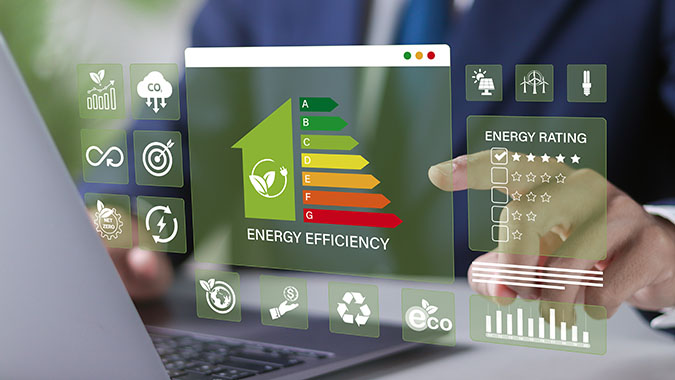NJBIA is urging the Murphy administration to take the same road as Maryland and other states that are delaying imposition of penalties on automakers and dealers who are unable to meet the unrealistic electric vehicle sales targets that start with the 2027 model year.
In an op-ed published Friday in the Bergen Record and the USA Today/Gannett NJ chain, NJBIA Deputy Chief Government Affairs Officer Ray Cantor noted that under the Advanced Clean Cars II rule (ACC II) that New Jersey adopted two years ago, zero-emission vehicles must comprise 43% of new car sales when 2027 model year vehicles arrive in showrooms in the fall of 2026.
“In 2024, EV sales accounted for 14% of total car sales in New Jersey,” Cantor wrote. “That’s an improving number, to be sure, but well off from where the rule requires us to be.”
The ultimate objective of the ACC II mandate is to make 100% of new car sales zero-emission vehicles by 2035.
“We can appreciate the Murphy administration’s efforts to reduce emissions and transition to more sustainable transportation options,” Cantor wrote. “But the fact of the matter is the first milestone of this mandate is not in any way achievable, and it will significantly add costs for both consumers and businesses during a severe affordability crisis.”
Cantor noted that the governor of Maryland, another state that had adopted the ACC II rule, recently signed an executive order directing the Maryland Department of the Environment to refrain from issuing penalties for the 2027 and 2028 model year. New Jersey should do the same, Cantor said, because the current zero-emission vehicle sales targets are unrealistic.
“This would be a very helpful first step for automakers and their dealerships, who have made considerable EV investments, to know they won’t be facing massive penalties for unachievable directives,” Cantor wrote. “And it will help prevent New Jersey consumers from traveling to neighboring non-ACCII states to buy a new car.”
To read the entire op-ed, go here.




